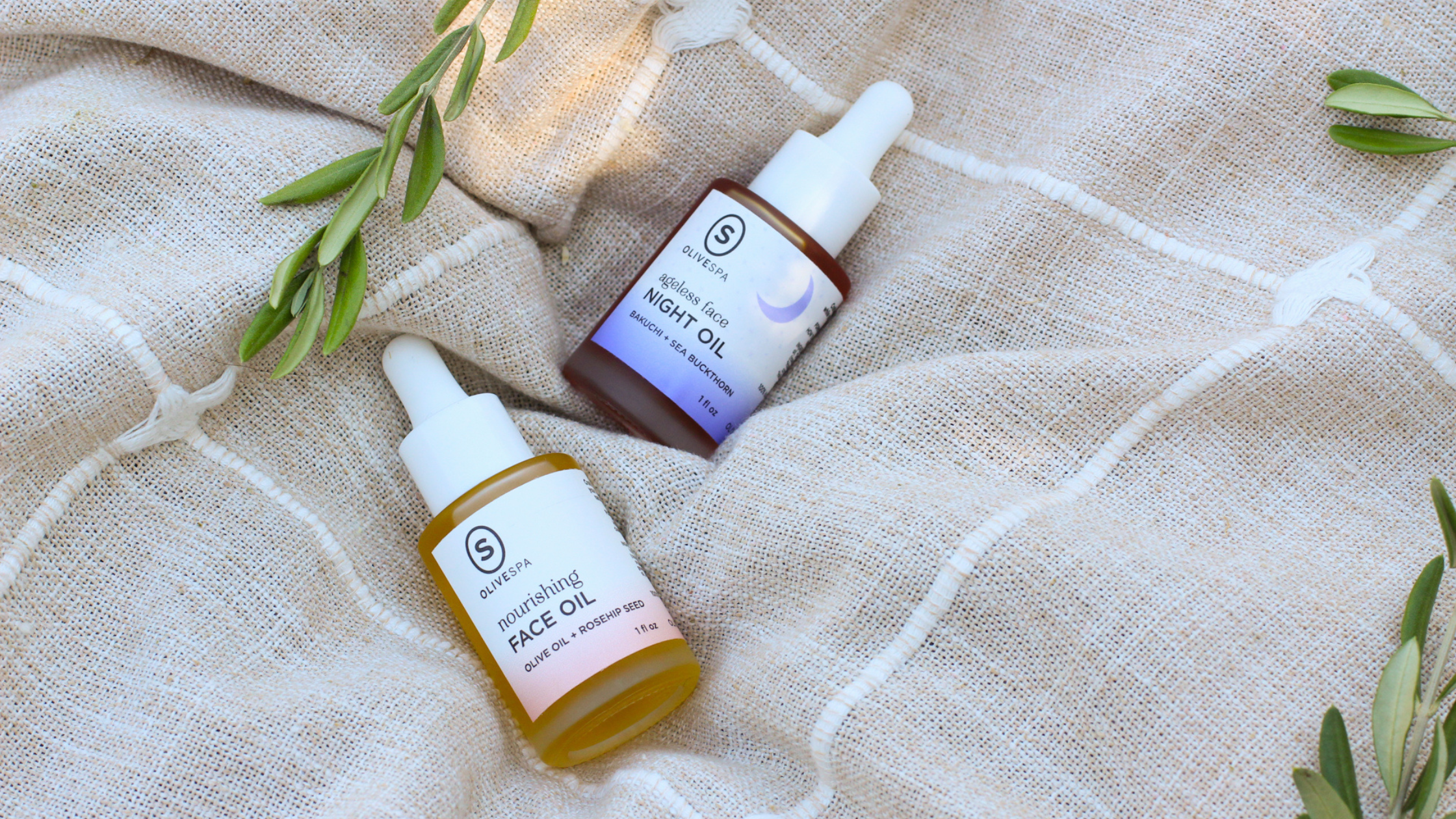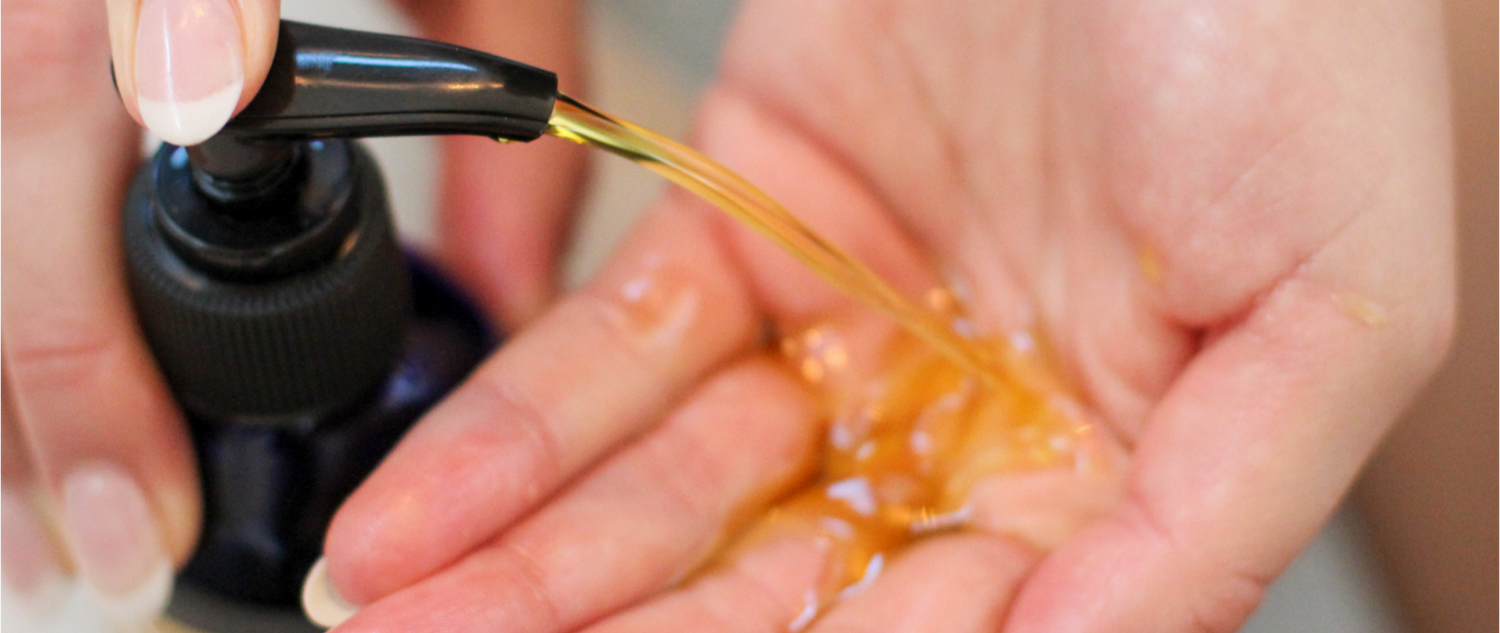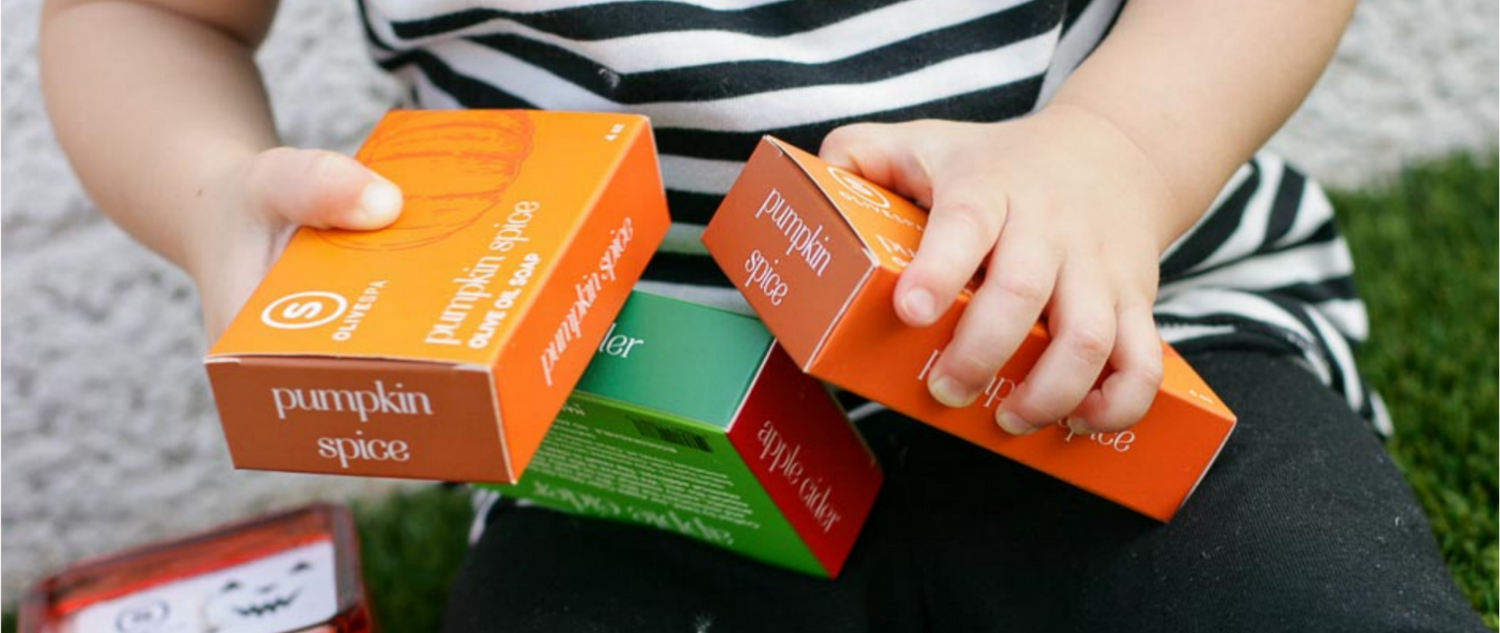Face oils have become an integral part of our skincare routine, offering a range of benefits. In this blog post, we explore the frequently asked questions about face oil, with a particular emphasis on the advantages of using extra virgin olive oil topically.
What are the benefits of face oil?
Face oils offer numerous advantages for the skin, including hydration, protection against environmental damage, balance in natural oil production, repair of the skin barrier, and soothing irritated skin. Extra virgin olive oil, known for its rich content of antioxidants and fatty acids, can contribute significantly to these benefits.
Which face oil is right for me?
Choosing the right face oil depends on your skin type and concerns. For oily skin, consider the lightweight and non-comedogenic nature of extra virgin olive oil. Dry skin may benefit from the richness of this oil, providing deep nourishment. Extra virgin olive oil's balanced properties make it suitable for combination skin, and its gentle nature caters to sensitive skin.
That all being said, here are the main differences between our Nourishing Face Oil and our Ageless Face Night Oil: The Nourishing Face Oil is lighter, while the Ageless Face Night Oil is heavier, made for deep overnight hydration and repair. The Nourishing Face Oil is more suited for daytime use because of that light nature, and because we add red raspberry seed oil, which naturally protects against UVB and UVC rays. Comparatively, one of the star ingredients of our Ageless Face Night Oil is bakuchi oil which contains bakuchiol, a natural retinol alternative. This makes it a wonderful option for those looking to treat fine lines and wrinkles.
It's essential to note that skin reactions vary, so patch testing any new product, including extra virgin olive oil, is advisable.
How do I use face oil?
Face oil can be applied both day and night. Apply a few drops to clean, damp skin for optimal results, gently massaging or patting it in. Applying face oil before or after a water-based moisturizer helps seal in hydration, maximizing its benefits.
Can I use face oil if I have acne-prone skin?
Indeed, face oil can be beneficial for acne-prone skin. Extra virgin olive oil, with its anti-inflammatory and antibacterial properties, can be particularly helpful. Opt for a non-comedogenic oil to prevent pore clogging.
Is face oil greasy?
Not all face oils are greasy. Lightweight oils like extra virgin olive oil and squalene absorb easily into the skin, providing hydration without leaving a greasy residue. Richer oils, such as argan or avocado, may feel more substantial but are still absorbable.
Additional FAQs about face oil:
Can I mix face oil with my foundation?
Yes, mixing face oil with foundation creates a dewy, hydrated finish. Add a few drops of oil to your foundation before applying.
Can I use face oil on my body?
Absolutely, face oil, especially extra virgin olive oil, can be beneficial for various skin conditions on the body, such as eczema and psoriasis.
Check out our body oils here.
In conclusion, incorporating face oil, particularly extra virgin olive oil, into your skincare routine can provide a multitude of benefits, enhancing hydration, protection, balance, repair, and soothing for your skin.





